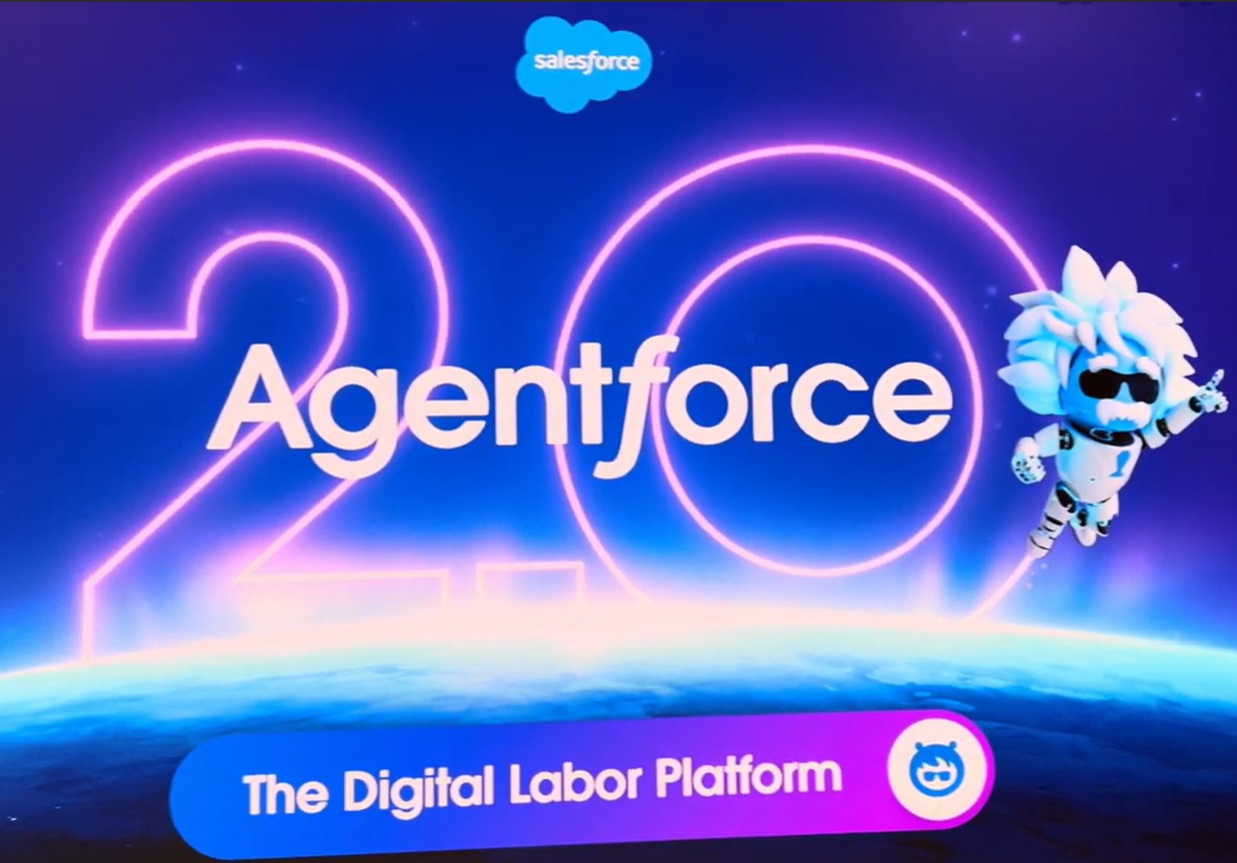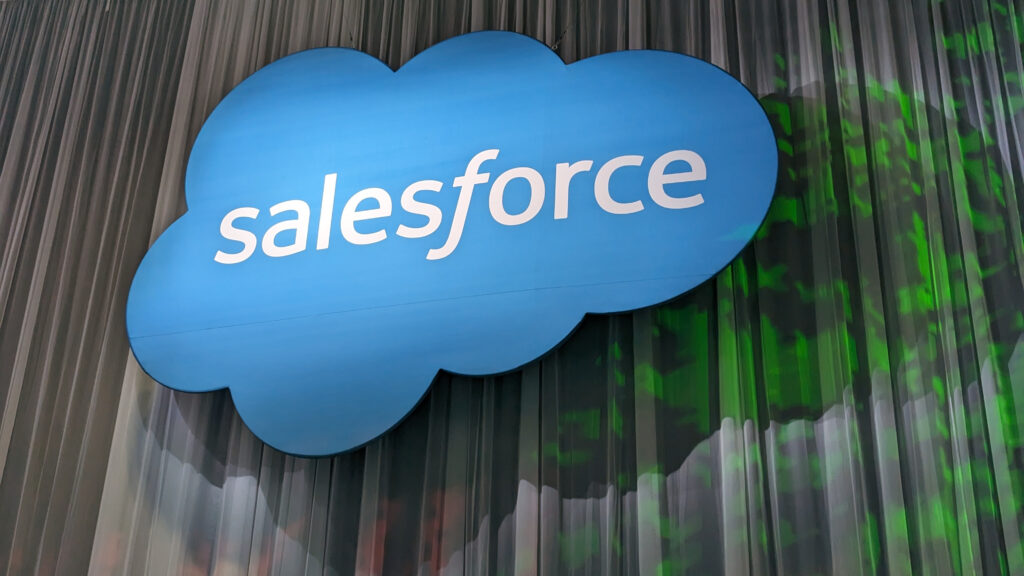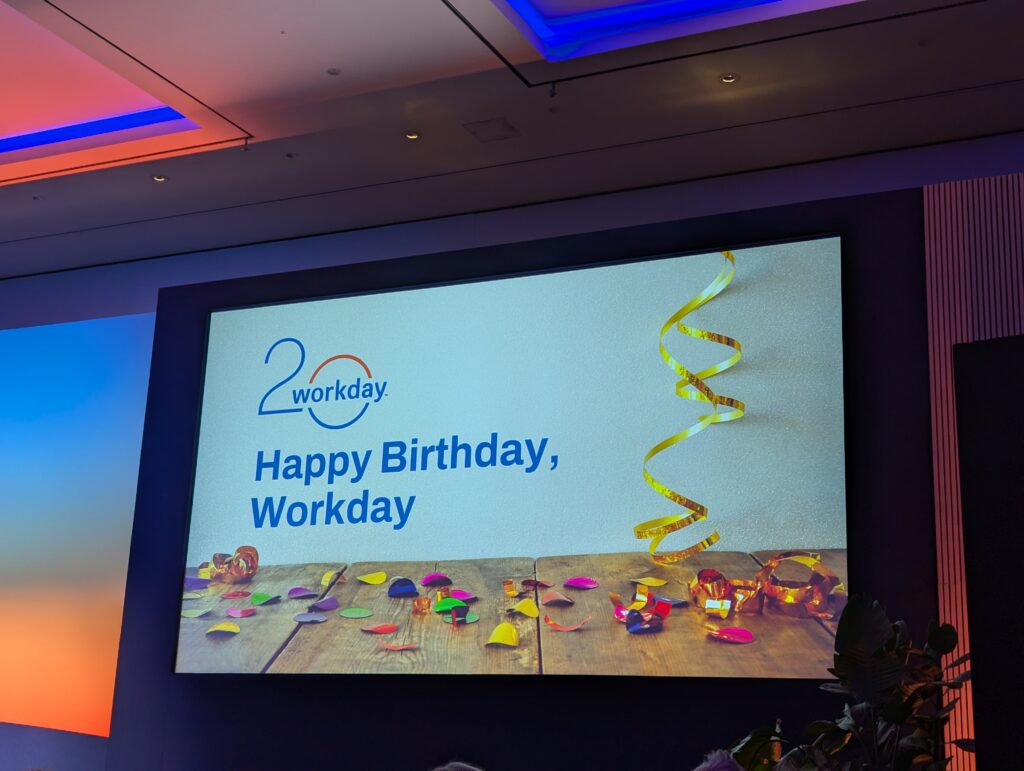Agent-driven digital labor platforms like Salesforce’s Agentforce are the “fundamental enabling technology for the robotic layer,” according to Salesforce CEO Marc Benioff.
In fact, he believes that the Total Addressable Market (TAM) for digital labor today is “not in the millions or billions of dollars, but in the trillions.” Benioff made these remarks during a keynote in San Francisco, where Salesforce released the latest version of its digital labor platform for enterprises, Agentforce 2.0, on December 17, 2024.
Expanding on the idea of digital labor, Benioff said that the world has already entered “this new world of digital labor.”
“I’m not sure when we started this journey, or even [if] we fully understand where we are going. But there is a vision that humans with agents can drive customer success,” Benioff said, adding that the company had tested the idea on itself, where agentic interactions with customers have reduced escalations to humans by 50%.
“We have about 32,000 conversations a week on our site, and the queries going to our human agents have dropped from 10,000 to around 5,000. So, 83% of all the questions now on help.salesforce.com are being resolved by the agentic layer on our platform,” he said.
The latest release adds features like a new library of pre-built skills and workflow integrations to the system that uses autonomous AI agents in workflows.
Taking a shot at competitors like Microsoft, Benioff noted that unlike Salesforce, a person looking at Microsoft’s website to see how they’re automating their support function or how they’ve taken the Gen AI technology over the past two years and used it on themselves, “You can’t find it. It’s the same as it was two years ago.”
He added that in the AI world, many companies operating in this space are taking customers’ data to train their models. “They’re taking your data to train their model, to make their model better,” he said. “Your data is their product. We’re not doing that.”
The latest version of Agentforce also adds the ability to deploy Agentforce in Slack, advancements in agentic reasoning, and retrieval augmented generation (RAG).
“Agentforce 2.0 has everything we need to scale our cloud and help every team and workflow beyond CRM to take actions outside of Salesforce. And it is built with deep integration to Slack,” Benioff said. He added that trust was also at the core of this platform, built using the Atlas reasoning engine.
According to Benioff, Atlas allows Agentforce 2.0 to perform more complicated tasks and provides the consistency and auditability that enterprises demand.
How ERP users benefit from Agentforce 2.0
- Companies can scale their workforce with customized agents capable of handling complex multi-step tasks more precisely and accurately.
- They can also extend Agentforce to any system or workflow using Mulesoft
- Agentforce 2.0 has an enhanced Agent Builder capable of interpreting natural language instructions to auto-generate new agents that can seamlessly combine pre-made skills with custom logic.
The latest version has also enabled Slack Actions to help teams engage in channels and conversations.
For example, the Adecco Group has scaled personalized recruiting with digital labor using Agentforce. New Library has implemented it across the company’s team and workflow with a new library of pre-built agent skills to build customized agents for individual business teams or departments. Accenture uses Agentforce to scale sales productivity and digital labor.
Finally, Agentforce can unlock agentic capacity with digital labor for every industry, whether it is providing instant medical guidance and care in the healthcare sector, being a personal stylist for a retail shopper, or being an on-demand advisor for a banking client.






